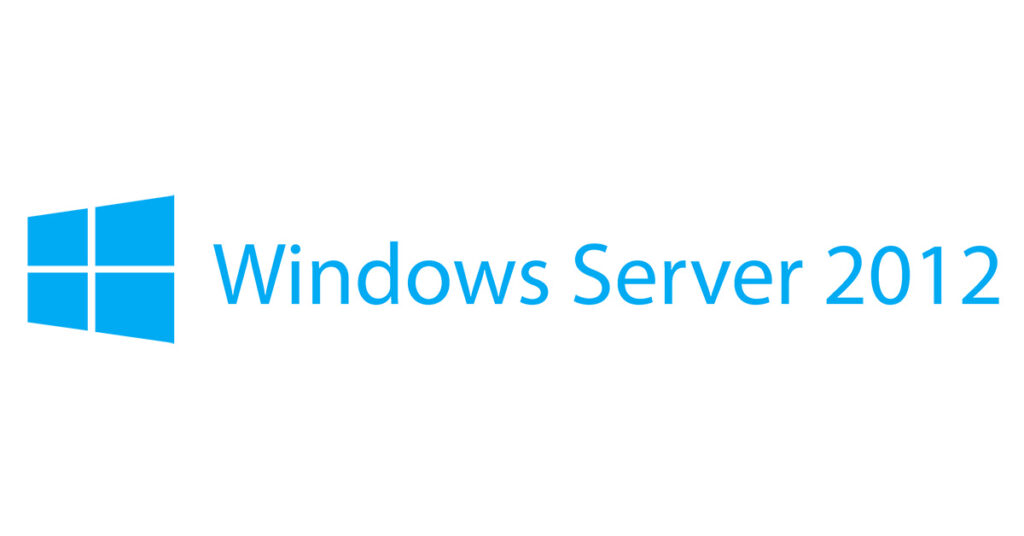For businesses that rely on email communication, Exchange Server has been a popular choice for many years. Exchange Server 2013 was introduced almost a decade ago and has been widely used by businesses of all sizes. However, Microsoft has announced that support for Exchange Server 2013 will end on April 11, 2023. This means that Microsoft will no longer provide security updates or technical support for the software after this date. It is, therefore, essential for businesses to migrate to a newer version of Exchange Server or consider moving to Microsoft 365.
Migrating to a newer version of Exchange Server can be a complex and time-consuming process. It involves a significant amount of planning, preparation, and testing to ensure that the migration is successful. It also requires expertise in managing and maintaining Exchange Server. While upgrading to a newer version of Exchange Server may seem like a logical solution, it is important to consider the benefits of migrating to Microsoft 365.
Microsoft 365 is a cloud-based subscription service that provides a range of applications and services, including Exchange Online, SharePoint Online, Teams, and more. By moving to Microsoft 365, businesses can take advantage of the latest features and functionality offered by the cloud-based service. These features include better collaboration, enhanced security, and increased scalability. Additionally, Microsoft 365 provides businesses with the flexibility to access their data and applications from anywhere, at any time, on any device.
Migrating to Microsoft 365 can be a smooth and straightforward process. Microsoft provides a range of tools and resources to help businesses migrate their email, contacts, calendars, and other data to the cloud-based service. This includes the Microsoft 365 Migration Checklist, which provides a step-by-step guide to help businesses plan and execute a successful migration.
Migrating to Microsoft 365 also means that businesses will no longer have to worry about managing and maintaining their own Exchange Server. This includes tasks such as upgrading the software, applying security patches, and ensuring that backups are taken regularly. By moving to Microsoft 365, businesses can offload these tasks to Microsoft, freeing up their IT staff to focus on more strategic initiatives.



